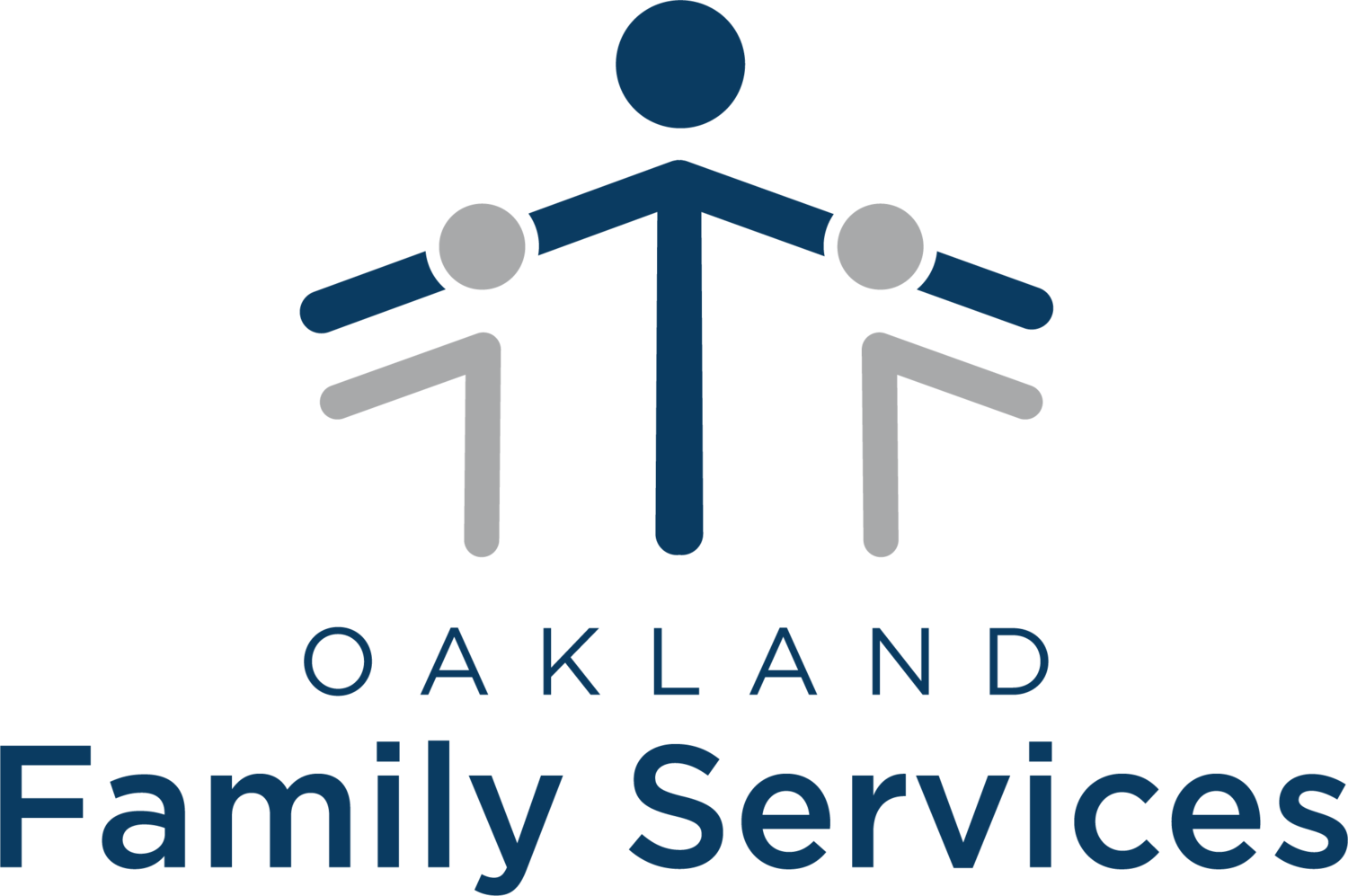The Family Five: 5 warning signs your teenager may be depressed
The ongoing stress, fear, and uncertainty created by the COVID-19 pandemic has been especially difficult on children and teenagers, leading to an increase in anxiety and depression. While an occasional fluctuation in mood or episode of acting out is to be expected during the teenage years, depression goes far beyond a melancholy mood. Depression can have a damaging impact on your teen’s personality as a result of an overwhelming feeling of anger and despair.
Here are five signs your teen may be suffering from depression:
Changes in mood and behavior: Irritability, rather than sadness, is often the primary emotion expressed in depressed teens. A depressed teenager may be grumpy, hostile or easily agitated. Behavioral changes such as legal trouble, promiscuity and drug use may also be signs of teenage depression.
Changes in sleep patterns and activity: Teens who have depression often exhibit changes in their sleep patterns. Teens may experience insomnia or begin sleeping much more than usual. Activity changes are also warning signs. Some teens may have slowed movements and lower activity levels, while others may seem agitated and have increased movements. Diminished energy can affect school performance, resulting in poor attendance and decreasing grades.
Reduced self-esteem: Depression can trigger and intensify feelings of ugliness, shame and failure. You may notice that your teen is never satisfied with his or her appearance. They may spend an increased amount of time getting ready and seek constant reassurance from those around them. Because of a heightened feeling of worthlessness, depressed teens may become more sensitive to criticism and rejection.
Withdrawal: Teens experiencing depression often withdraw socially and no longer want to participate in activities they once enjoyed. While adults who are depressed tend to isolate, teens who are depressed typically maintain some friendships; however, they may socialize less often, interact less with their parents or begin interacting with a different social circle.
Physical pain: Teens with depression may complain about frequent headaches, stomachaches and other pain. If a thorough physical exam does not reveal a medical cause, these aches and pains may be an indication of depression.
Hello! I am Amanda Robertson, and I am the Early Childhood Mental Health Specialist for Oakland Family Services’ Children’s Learning Centers. I have been working with children for almost 20 years and have one baby girl of my own. I have a master’s degree in counseling from Oakland University and a bachelor’s degree in psychology with an emphasis in child development. My career began with teaching day care and expanded to various positions including ABA therapy, child welfare and residential treatment. I absolutely love what I do and love being a part of Oakland Family Services!

















